Breaking
- MENU
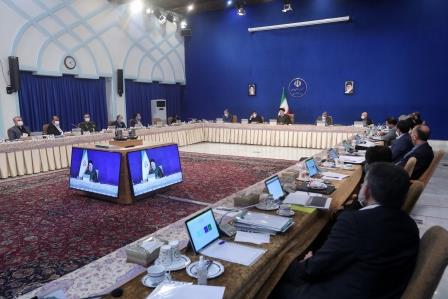
Of late, Israel-Iran shadow-boxing has been getting ominous. If Israel’s diplomatic offensive is increasingly focusing on Tehran, the Iranian media is highlighting the Supreme Leader’s 2013 statement wherein he observed: “Sometimes the leaders of the Zionist regime even threaten us; they are threatening to strike militarily, but I think they know it, and if they do not know it, they must know that if they make a mistake, the Islamic Republic will destroy Tel Aviv and Haifa.” Besides the war of words, four recent developments cause concern.
One, earlier this month, The New York Times reported that Israel carried out two offensive military measures that targeted the Iranian nuclear programme—a centrifuge facility in Karaj in June and a missile base in September, both located close to the Iranian capital. If media reports are correct, Israel carried out these measures after giving a heads-up to the Biden administration.
Two, the official Iranian claims of ‘limited progress’ in the Vienna talks are not backed by others. The Iranian spin comes against the backdrop of the Biden administration’s continued refusal to directly take part in the negotiations aimed at reviving the nuclear deal from which President Trump withdrew in May 2018. Some even suggest that President Biden had asked his National Security Advisor Jake Sullivan to prepare a contingency military plan should the Vienna talks collapse.
Three, during his visit to the US earlier this month, Israeli Defence Minister Benny Gantz reportedly presented a plan to the Pentagon that included a military attack against Iran. According to some officials, the Biden administration did not ‘veto’ the Israeli plan or the schedule. In his public pronouncements, Gantz was categorical and told the media in Florida that his order would prepare the military “for the Iranian challenge at the operational level.” In his assessment, “There is room for international pressure—political, economic and also military—in order to convince Iran to stop its fantasies about a nuclear programme.”
Four, several moves in recent weeks indicate closer consolidation among countries fearful of Iran and its regional ambitions. The growing Israel-UAE bonhomie, Saudi willingness to bury the hatchet with Qatar, renewed political engagements among the Gulf Cooperation Council member countries and the visit of Israeli Prime Minister Naftali Bennett to the Emirates are partly aimed at Iran. Israel even sees the mini-Quad (comprising India, Israel, UAE and the US) as a forum to gain wider acceptance of its concerns and responses vis-a-vis Iran.
Indeed, Israel’s militant rhetoric against Iran is not new. Since an Iranian opposition group first disclosed Tehran’s clandestine nuclear programme in August 2002, Israel had never taken the military option off the table. The spate of American economic and political sanctions against Iran sought to dissuade Israel. The aggressive Israeli campaign against the Iranian nuclear programme, including the assassination of key nuclear scientists and cyberattacks against installations, partly strengthened the American sanctions regime.
At the same time, President Barack Obama was not prepared to continue with a confrontationist policy vis-a-vis Iran and settled for the nuclear deal in July 2015. Though hailed by many countries, the deal was unpopular in the Middle East, especially among countries that felt threatened by Iran’s politico-military ascendance and domination. Far from curtailing Iranian hegemony, these countries feared that the Obama administration legitimised it. Hence, countries like Saudi Arabia and Israel felt relieved when President Trump walked out of the nuclear deal in May 2018.
Having invested so much in the nuclear deal and hoping for a complete reversal of the decades of American sanctions, Iran was infuriated by the Trump administration’s ‘maximum pressure’ strategy. Within weeks of the American withdrawal, Iran resumed the enrichment process beyond the limit of 3.67% of Uranium-235 set under the nuclear deal and continued enriching and stockpiling. In April this year, the IAEA disclosed that Iran had reached an enrichment level of 63%; in short, Iran is inching closer to the 90% needed for a nuclear bomb.
Thus, getting the US back into the nuclear deal with an ironclad guarantee against another pull-out is a major demand of Iran, the European powers, Russia and China. Iran also demands a complete removal of all American sanctions guaranteed in the 2014 nuclear deal. At the same time, the Iranian political willingness and technical capability to quickly resume enrichment within weeks after the American pull-out are equally disturbing. Moreover, increasing enrichment capability closer to the bomb-making level undermines its public claims of peaceful intentions.
Without a strong political commitment from all sides, a deal on Iranian nuclear ambition and capability would be a mirage. Meanwhile, the recent belligerent moves only increase the likelihood of heightened tensions. While none, including Israel and Iran, seek open hostilities, the chances of non-traditional military moves in the Persian Gulf are very much on the horizon.
Note: This article was originally published in The New Indian Express on 23 December 2021 and has been reproduced with the permission of the author. Web Link
As part of its editorial policy, the MEI@ND standardizes spelling and date formats to make the text uniformly accessible and stylistically consistent. The views expressed here are those of the author and do not necessarily reflect the views/positions of the MEI@ND. Editor, MEI@ND: P R Kumaraswamy
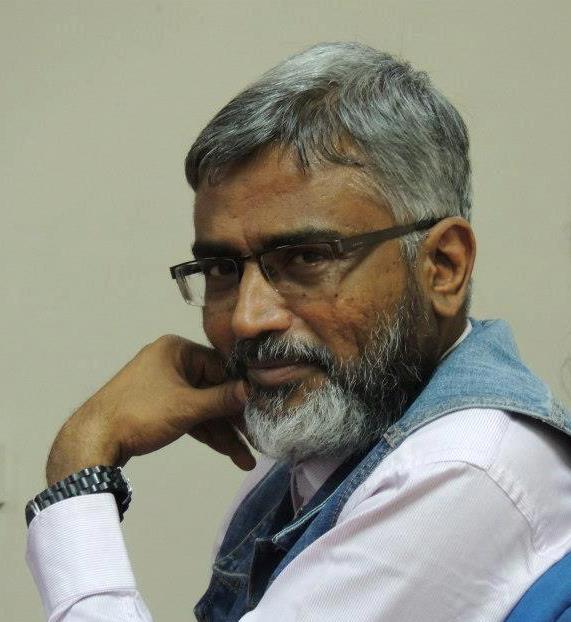
Professor P R Kumaraswamy is Honorary Director of MEI@ND.

When peace is viewed as ‘surrender’, there is little one can accomplish. Without an effe.....

The magnitude of the missile attack on Israel carried out by Iran in the early hours of Sunday was u.....
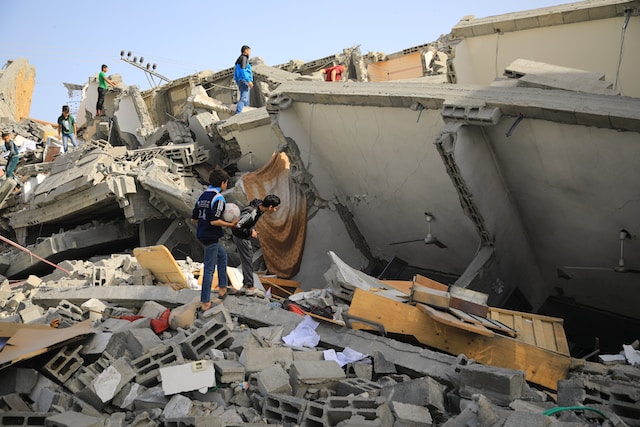
While the details are still emerging, the Hamas attacks from the Gaza Strip on Saturday were well pl.....
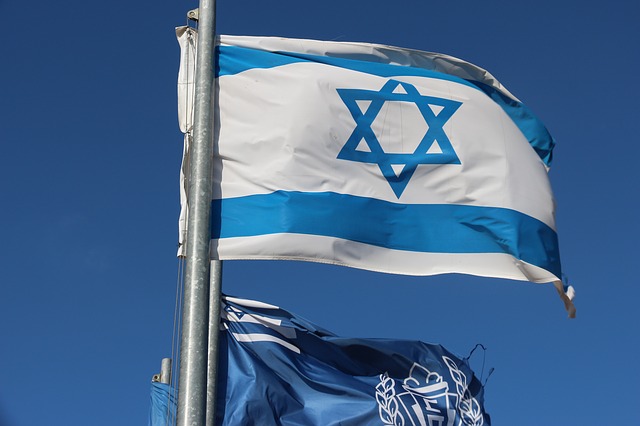
The Libyan controversy reminds us of the more significant problem facing Israel. While the scale and.....
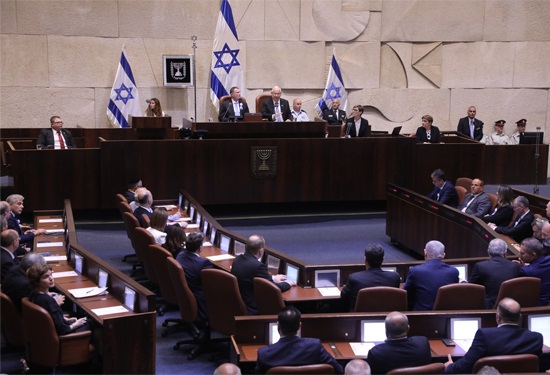
64-0! It should be an impressive vote in any country, especially in Israel, where a simple parliamen.....
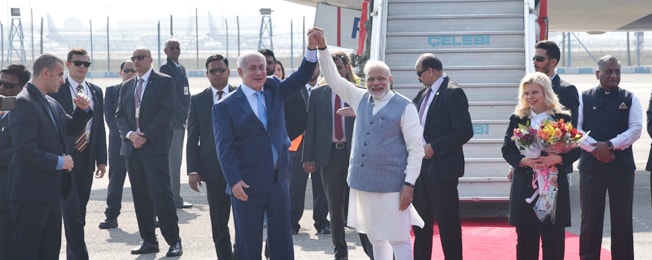
King Bibi is back! After one year in the Opposition, Benjamin Netanyahu, a close friend of Prime Min.....

Political instability is an integral and inseparable part of Israel’s landscape. For the fifth.....

Even by the Israeli standard of coalition fragility, the Bennett-Lapid government, which completed o.....
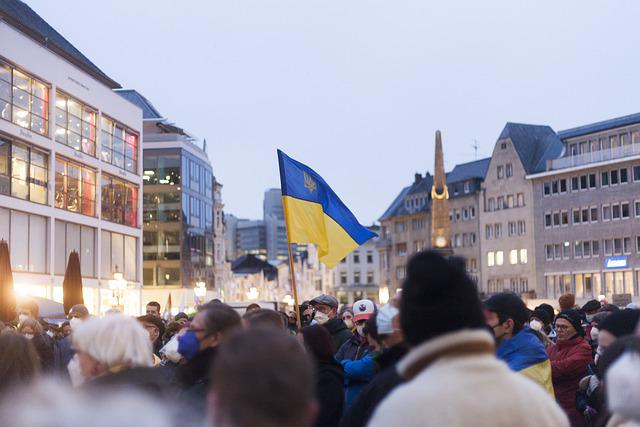
Soon to enter its fourth month, the Russian invasion of Ukraine has made irreversible damages to glo.....
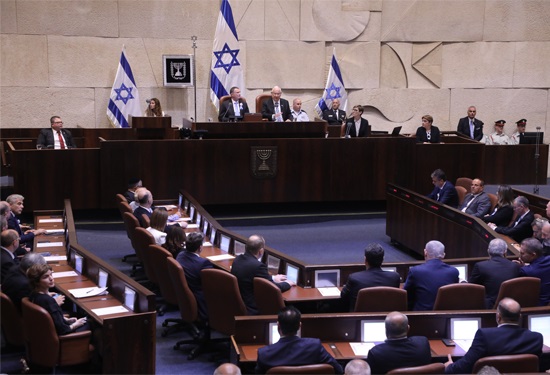
The visit of Israeli Prime Minister Naftali Bennett to India scheduled for last week had to be cance.....
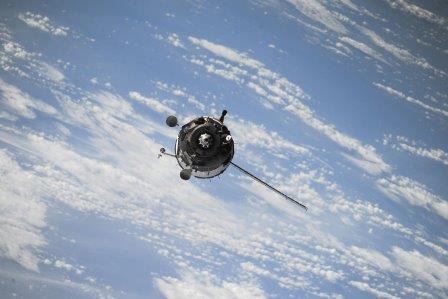
The drone attack on Abu Dhabi on Monday (January 17) by the Houthi rebels marks a major escalation o.....

In early November, Moscow hosted Mohammed Dahlan, a former right-hand man of Palestinian leader Yass.....
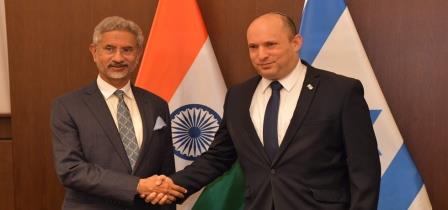
Nearly three decades after Prime Minister P V Narasimha Rao broke from the past and normalised relat.....
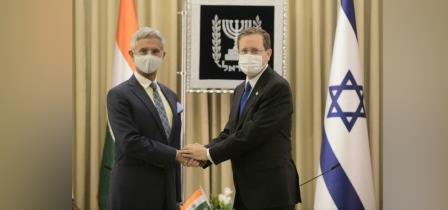
Earlier it was Pakistan and now China. So whatever India does and does not do externally has to be l.....

In several ways, the Taliban takeover of Afghanistan can be a game-changer in India’s worldvie.....
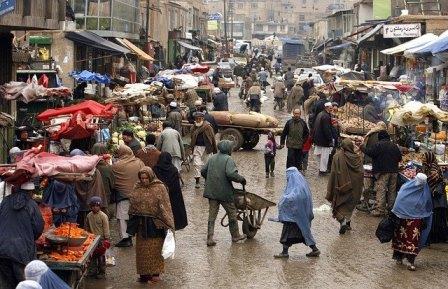
The Taliban takeover and its fallout exposed the limited diplomatic space for India in its immediate.....

Given the travel restrictions, local lockdown and sluggish economic revival, that over three lakh pe.....
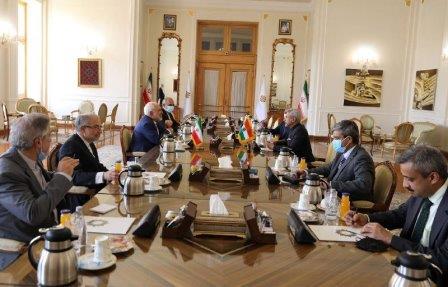
Since 2005, some critical decisions over Iran have been taken by the MEA’s US Division. So que.....
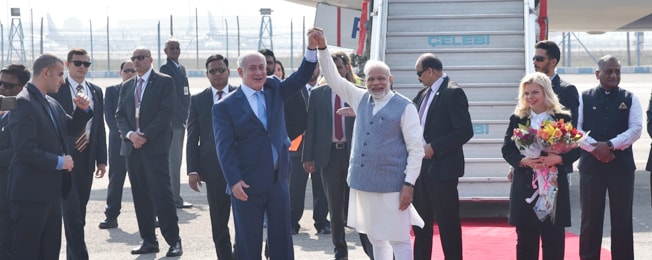
“Bibi dethroned”. This is the expression used in the Israeli media to describe the forma.....
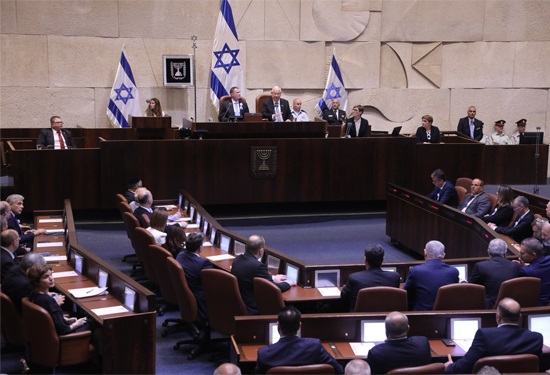
Despite having a woman prime minister in Golda Meir, female political representation in Israel has n.....
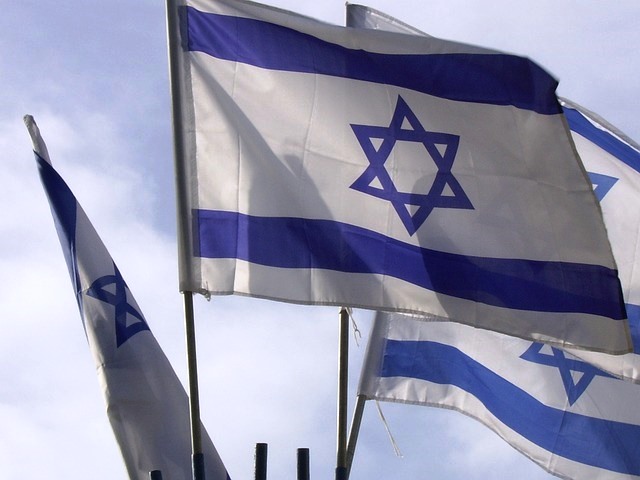
The most interesting aspect of the new Bennett-Lapid government in Israel is the emergence of Mansou.....
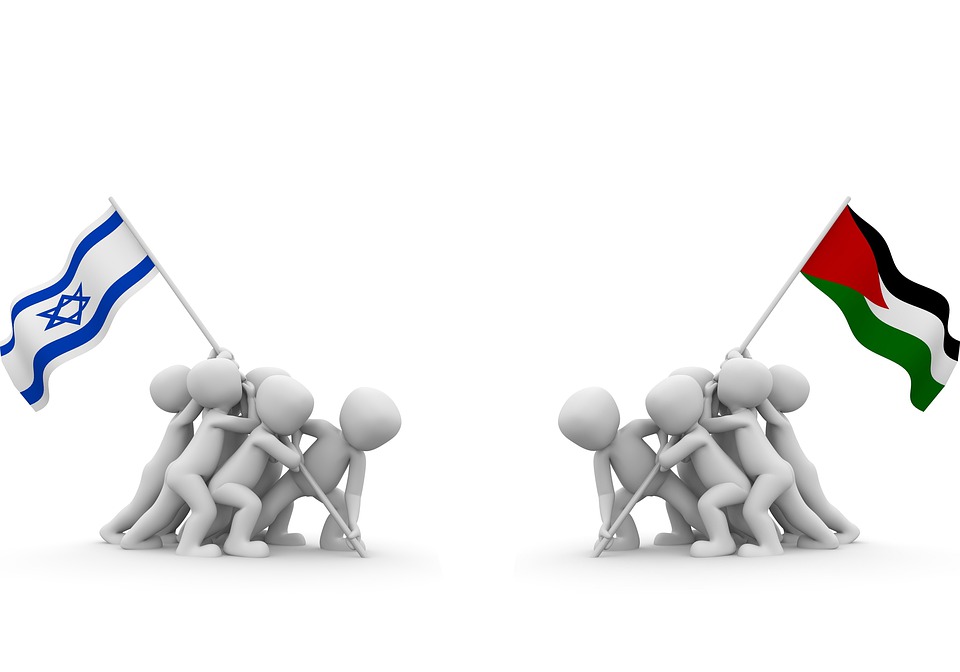
When it comes to mediating international crises, India’s track record is a mixed bag. In recen.....

Going by the Israeli media, it is clear that the arm-twisting by the Biden Administration forced the.....
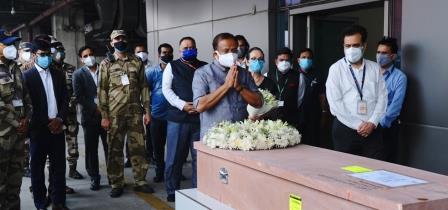
Indeed, Hamas is better placed today than it was in January 2006 and the current round of violence i.....

While the international community wants de-escalation and an early end to the conflict, the chances .....
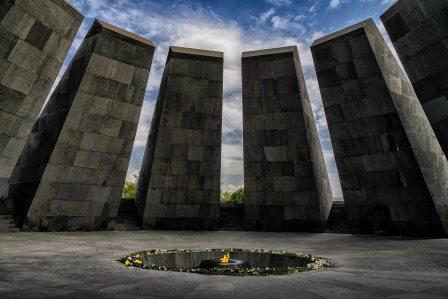
Ending the past silence, US President Joe Biden marked the Armenian Genocide Remembrance Day of Apri.....
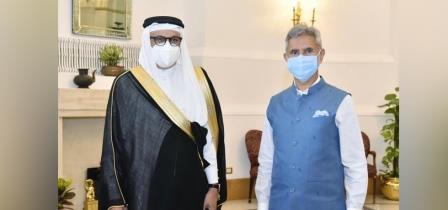
The visit of Foreign Minister of Bahrain Abdullatif bin Rashid Al Zayani to India during 6-8 April r.....
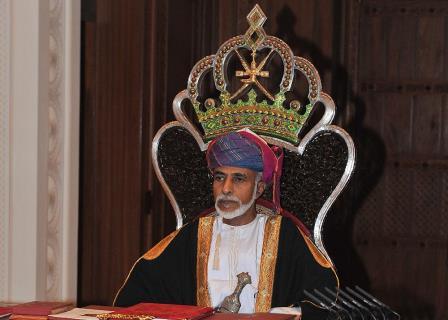
By posthumously bestowing the Gandhi Peace Prize for 2019 upon Sultan Qaboos of Oman, New Delhi seek.....
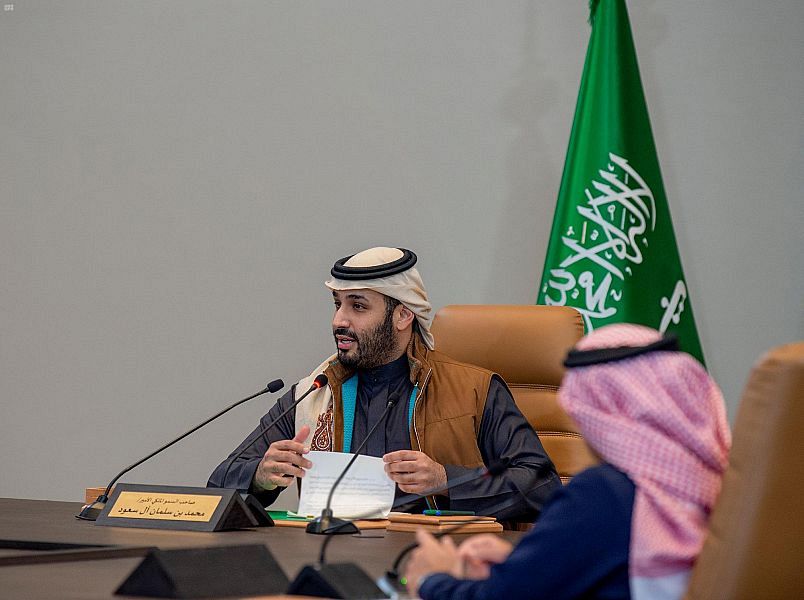
Much to the displeasure and discomfort of Saudi Crown Prince Mohammed bin Salman (more widely known .....
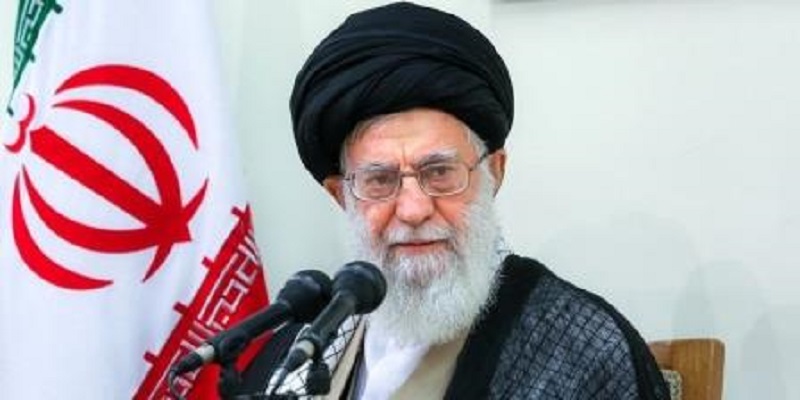
The nomination of Robert Malley, a veteran hand in Washington policy circles, as the Special Envoy f.....
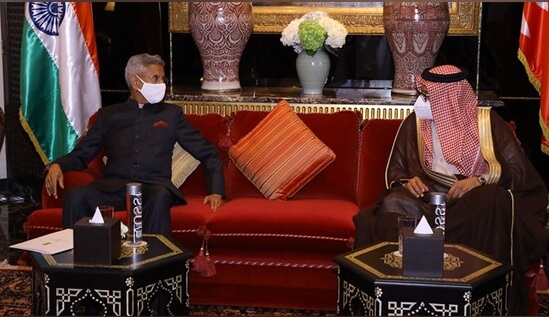
The two-day visit of External Affairs Minister S Jaishankar to the United Arab Emirates last week is.....
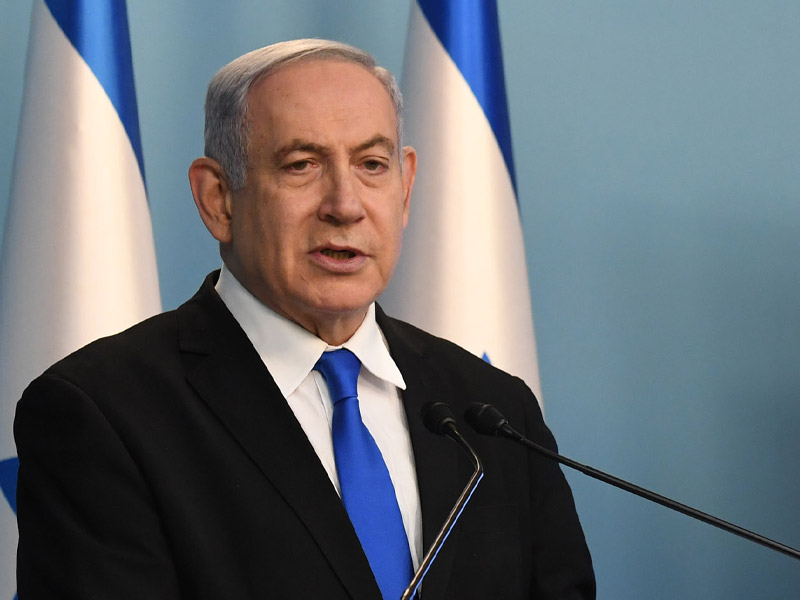
United Arab Emirates’ (UAE) decision to normalise relations with Israel is the most dramatic e.....
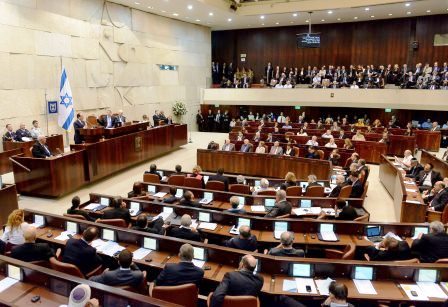
Declaring victory moments after the polling ends has become the hallmark of Benjamin Netanyahu; and .....

Israel went to polls for the 23rd Knesset on 2nd March. The third parliamentary elections within one.....
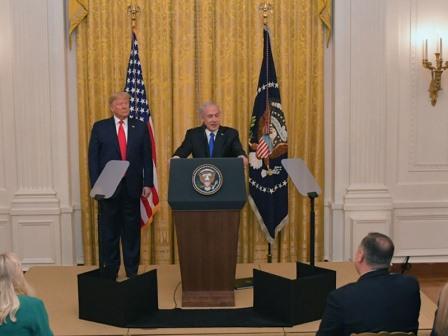
With possible removal from office hanging over their heads, US President Donald Trump and Israeli Pr.....
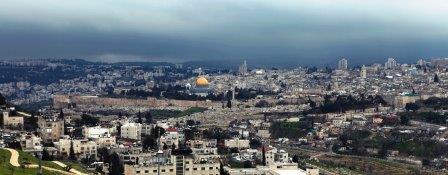
US Secretary of State Mike Pompeo’s sudden and unexpected announcement regarding Israeli settl.....
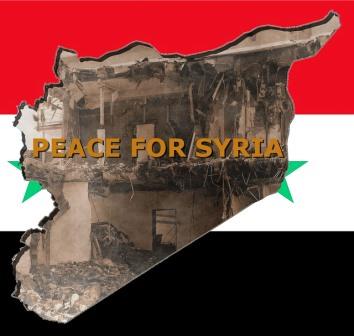
US President Donald Trump’s decision on imposing sanctions on Turkey has rocked the ever-turbu.....
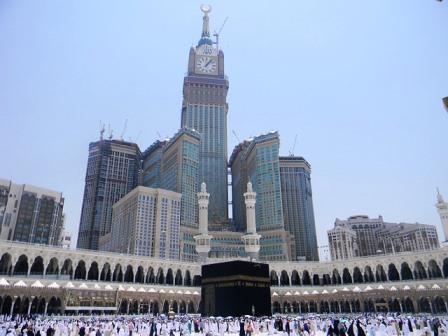
Prime Minister Narendra Modi’s two-day visit to the Kingdom of Saudi Arabia this week highligh.....
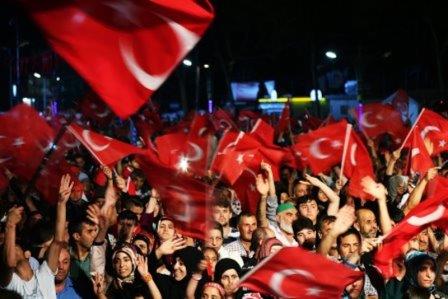
Prime Minister Narendra Modi's reported decision to postpone a planned visit to Turkey comes a c.....
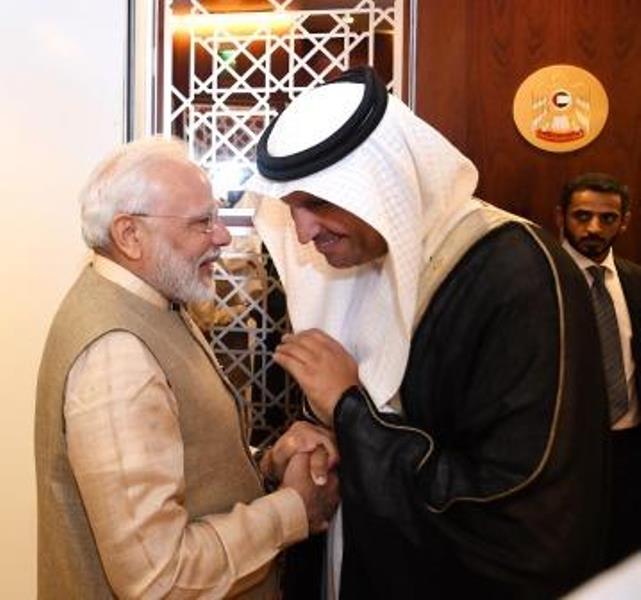
With the sole and notable exception of Pakistan, India's relations with the wider Islamic world .....
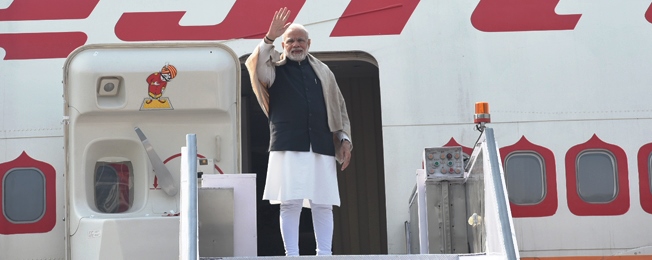
For a long time, India’s relationship with its extended neighbourhood in the Persian Gulf was .....

The Israeli legislative or Knesset election last week has turned out to be a rerun of the 9 April on.....
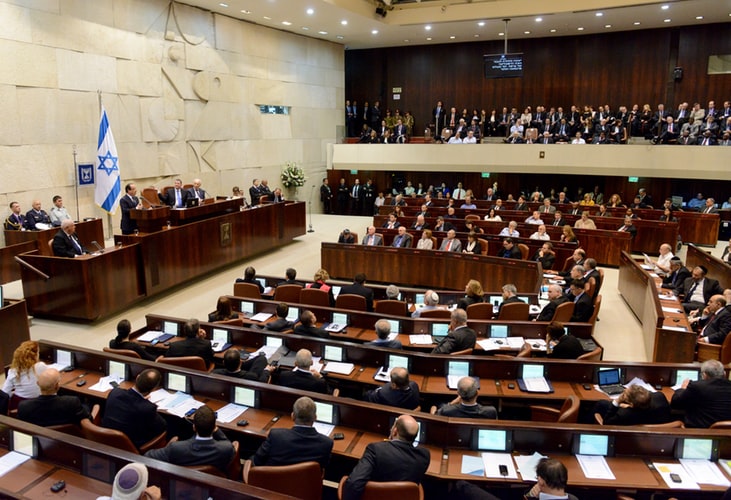
Will 2019 see a third Knesset election? This question is going rounds in Israel as it faces the seco.....
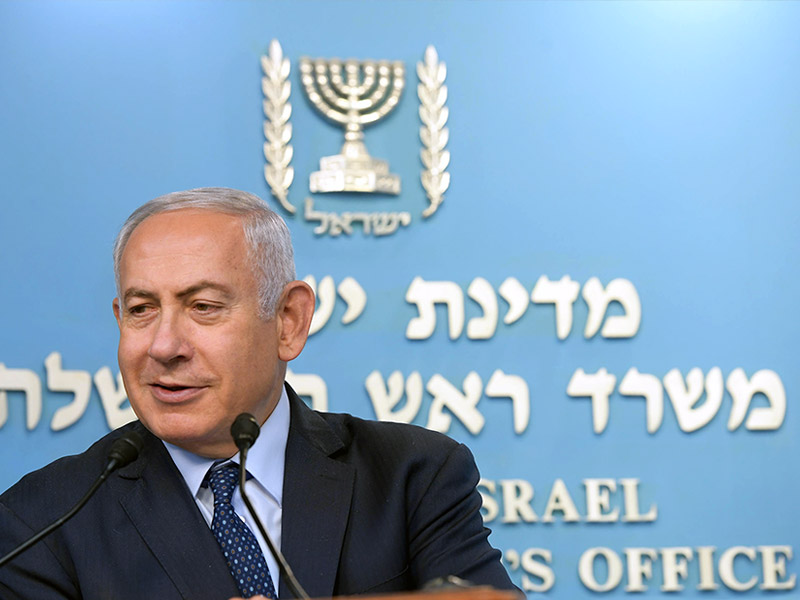
When he called Indian Prime Minister Narendra Modi to congratulate on his re-election with a landsli.....
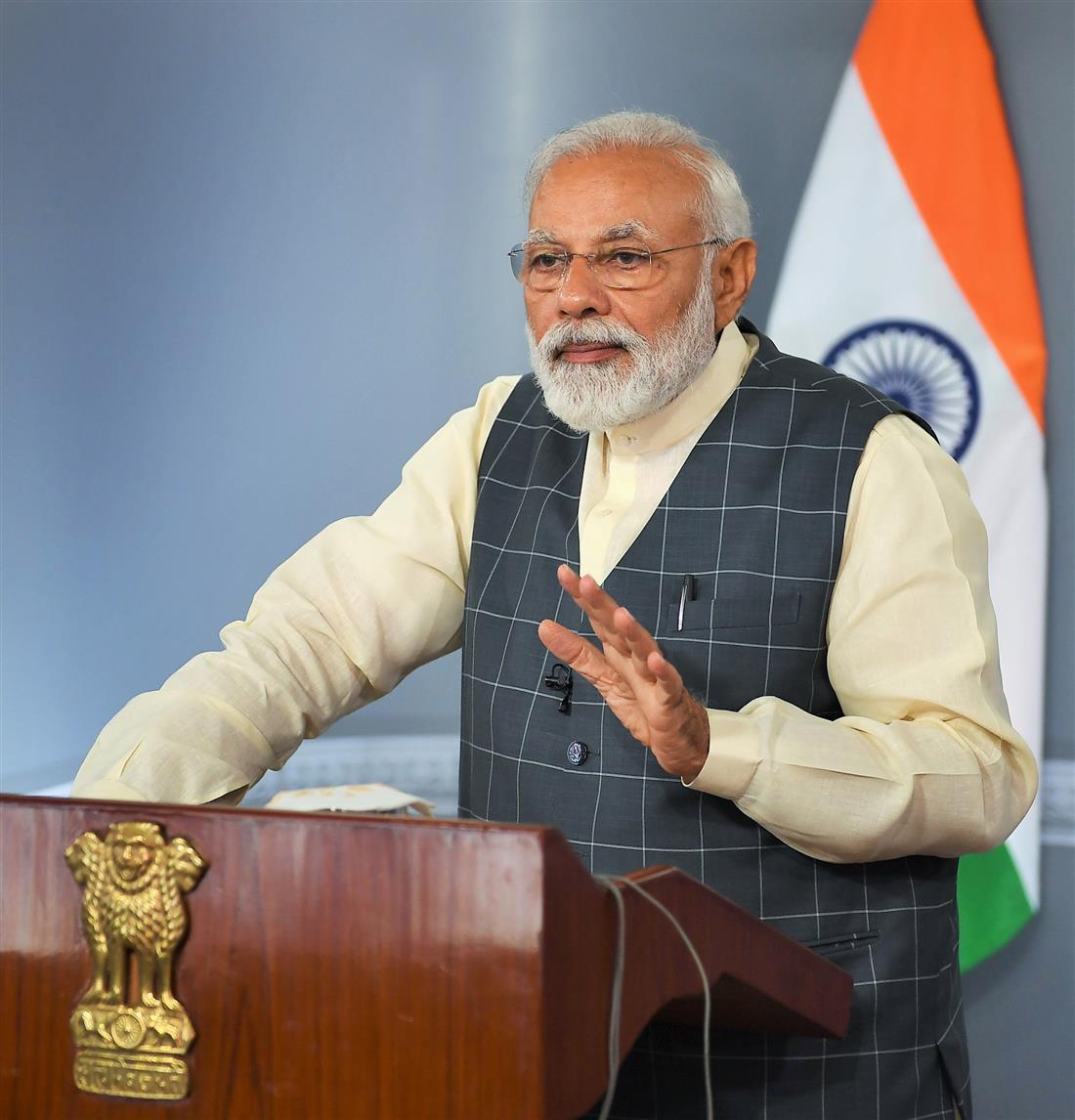
The resounding re-election of Prime Minister Narendra Modi is a blessing for India's relat.....
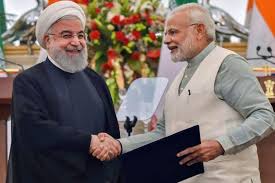
Iran is back in the news and for all the wrong reasons. It has been the unnecessary third .....
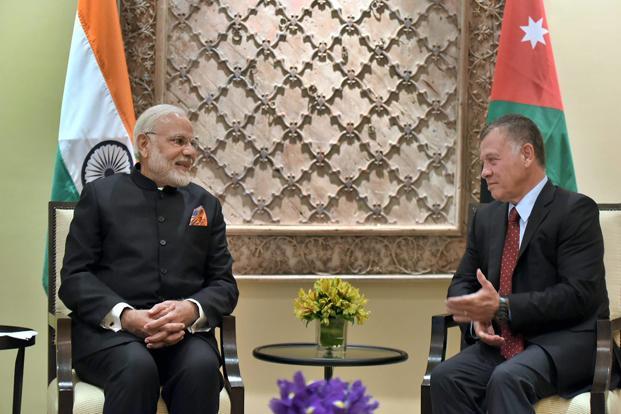
During the close to a century of its existence, the Hashemite Kingdom of Jordan has been, as former .....

In their eagerness to focus on and flag the de-hyphenation of the traditional Israel-Palestinian bin.....
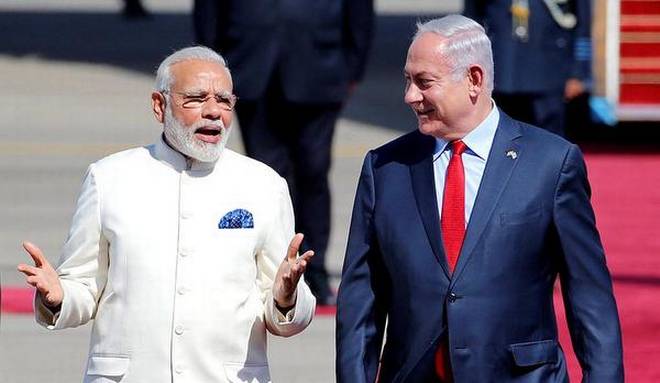
In the closely scrutinised India-Israel relationship, there is little in the public domain that rema.....
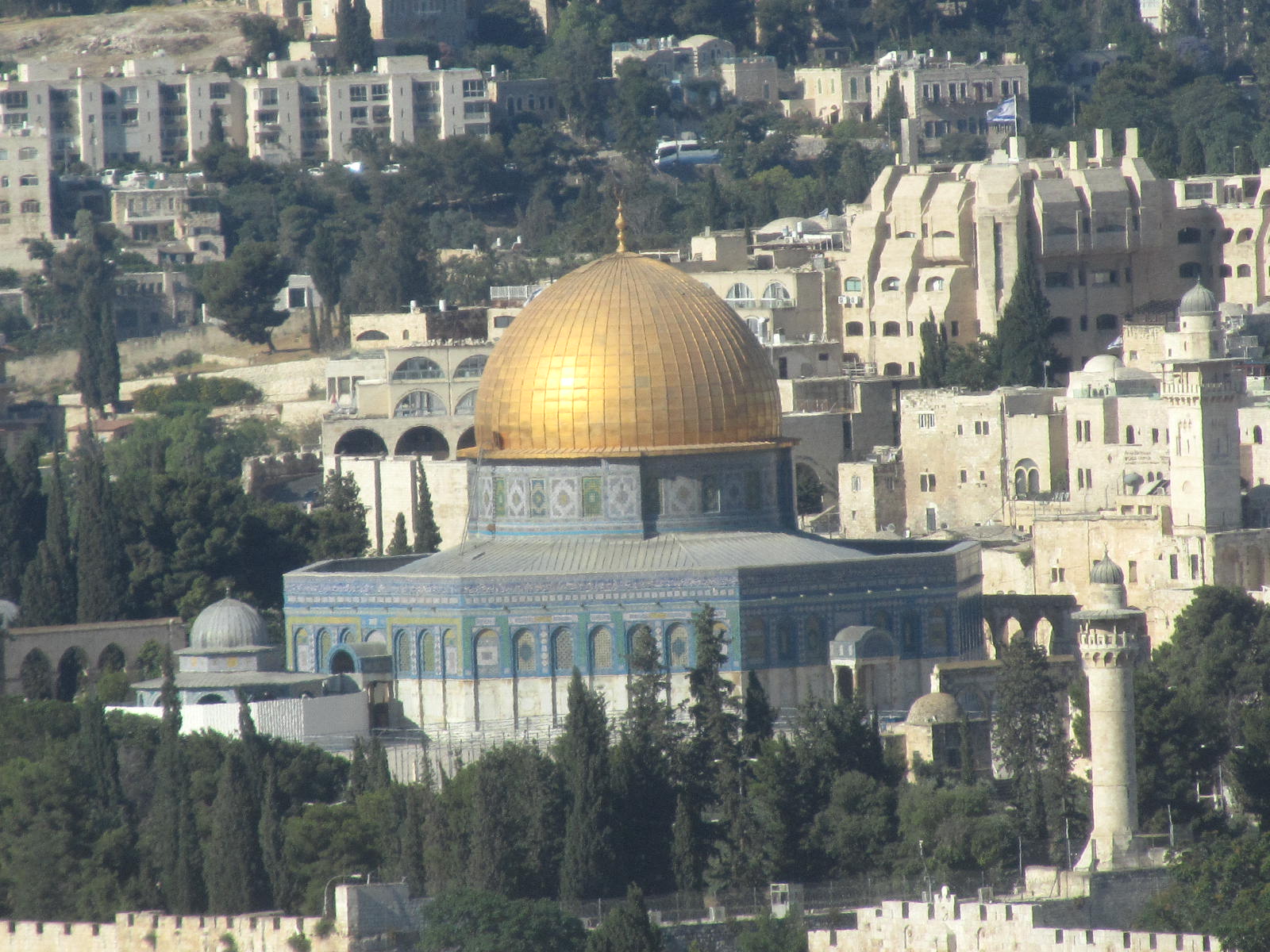
You know what, it will go to the dustbin’ my articulate friend was blunt, brutal but.....

Balfour Declaration, A Century Later If one were to make a list of the most influential.....
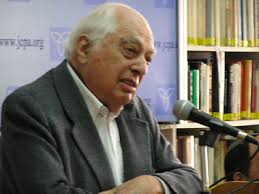
Professor Bernard Lewis—a towering personality on the Middle Eastern academic landscape—.....
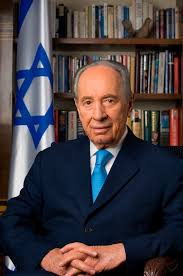
B orn in Poland on 2 August 1923, Szymon Persk who later Hebraised his name as Shimon Peres was the leader.....
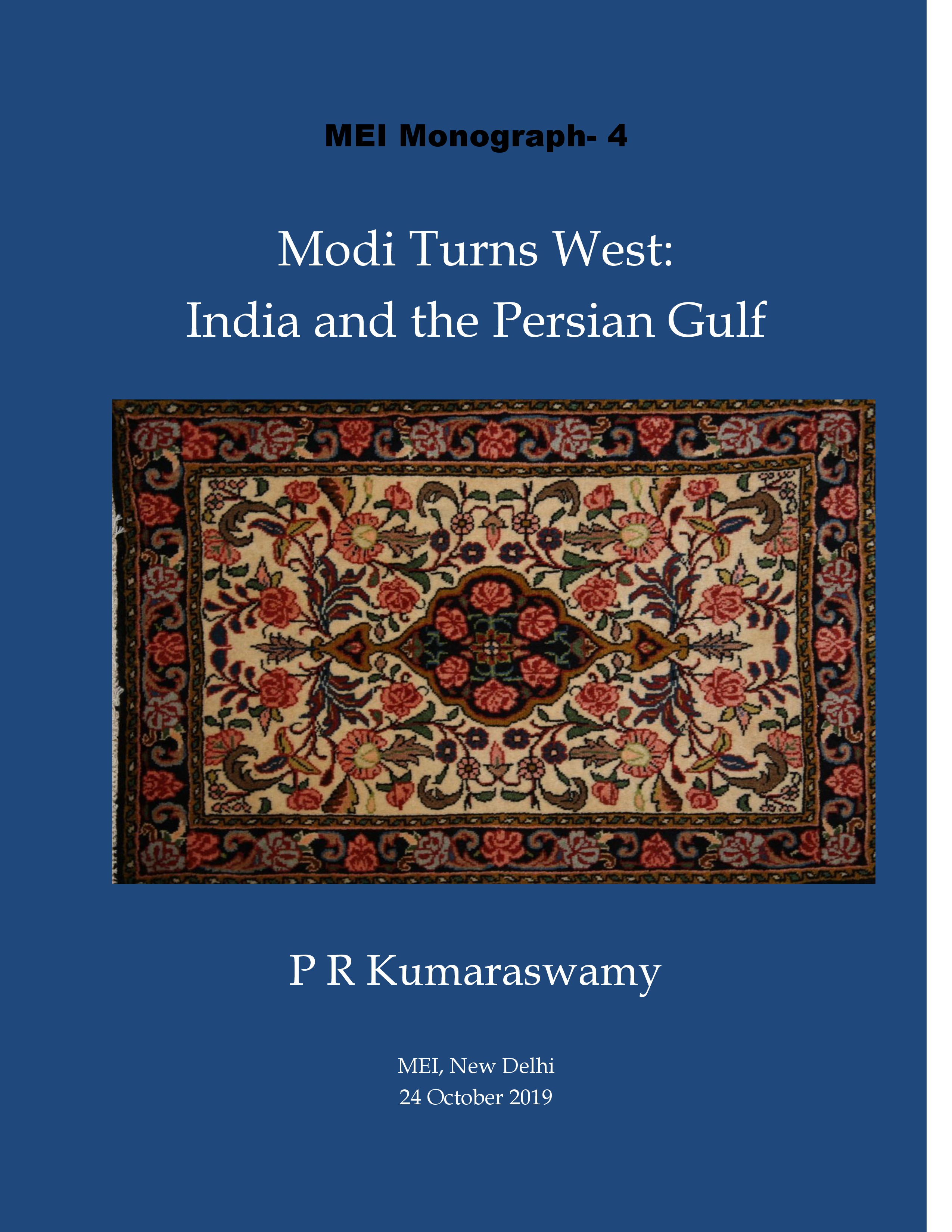
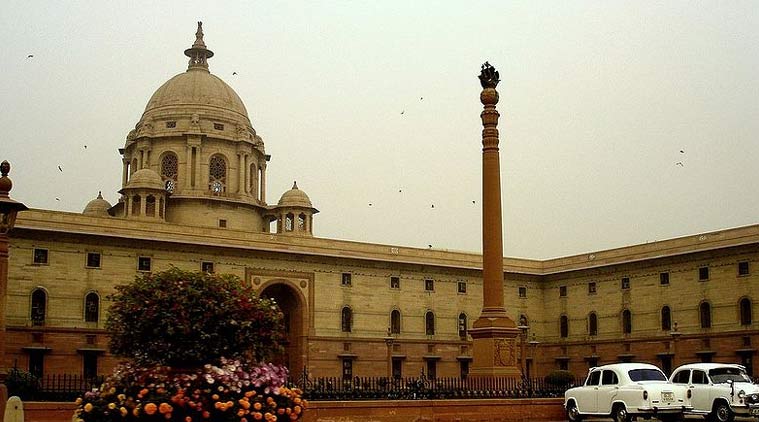
W hat What began as a protest by a marginalized vegetable vendor in Sidi Bouzid in Tunisia soon spread lik.....
